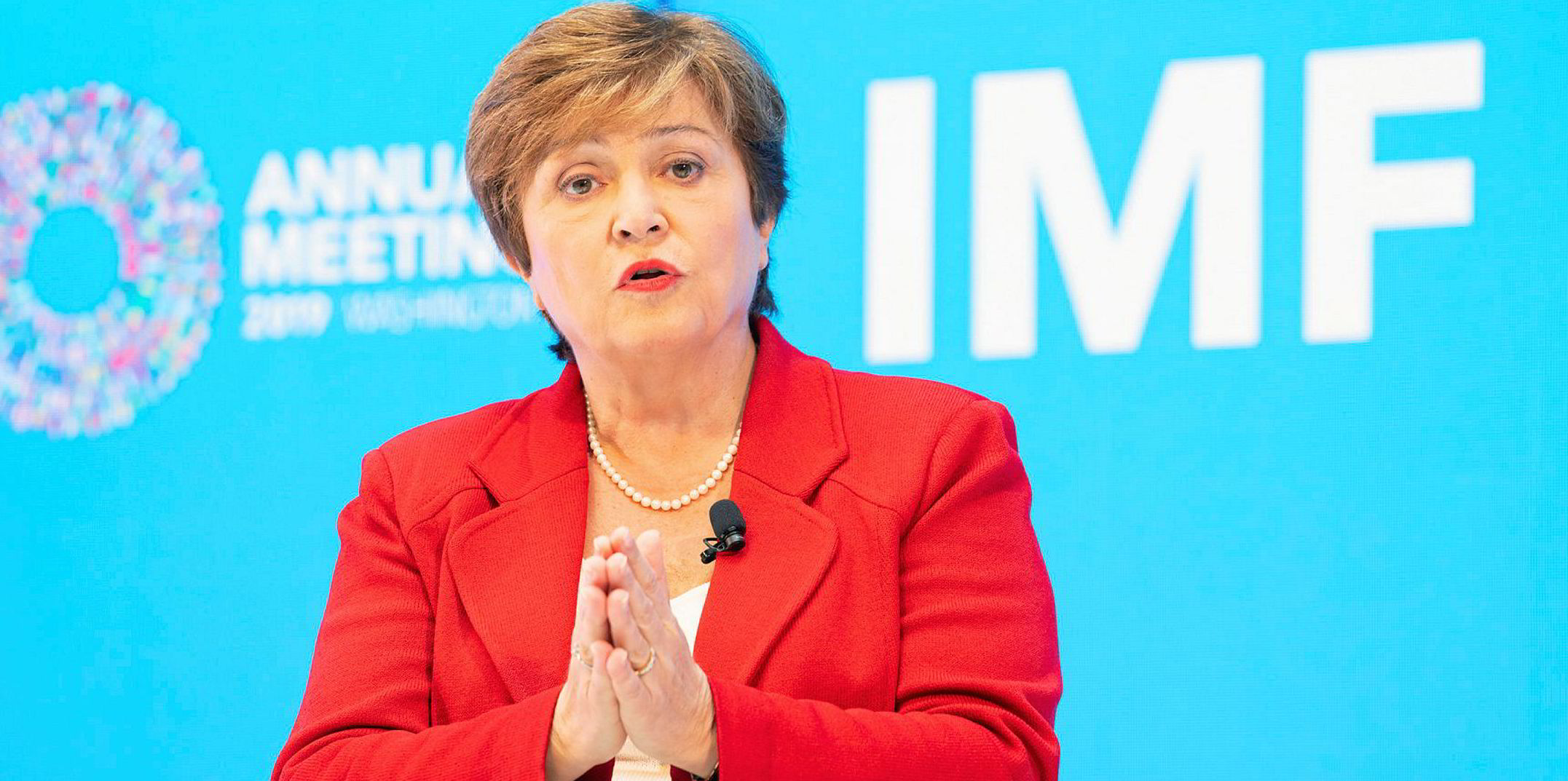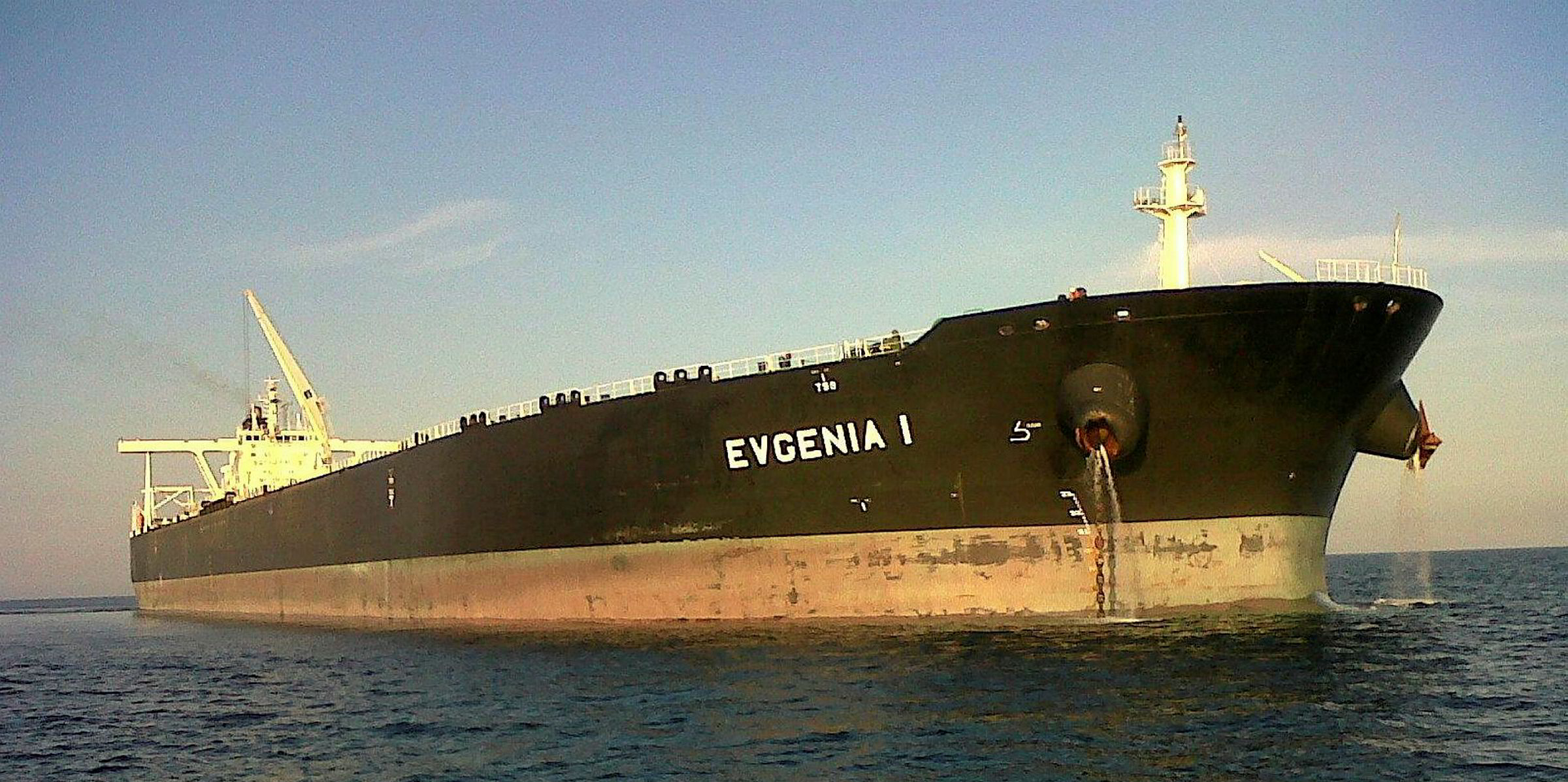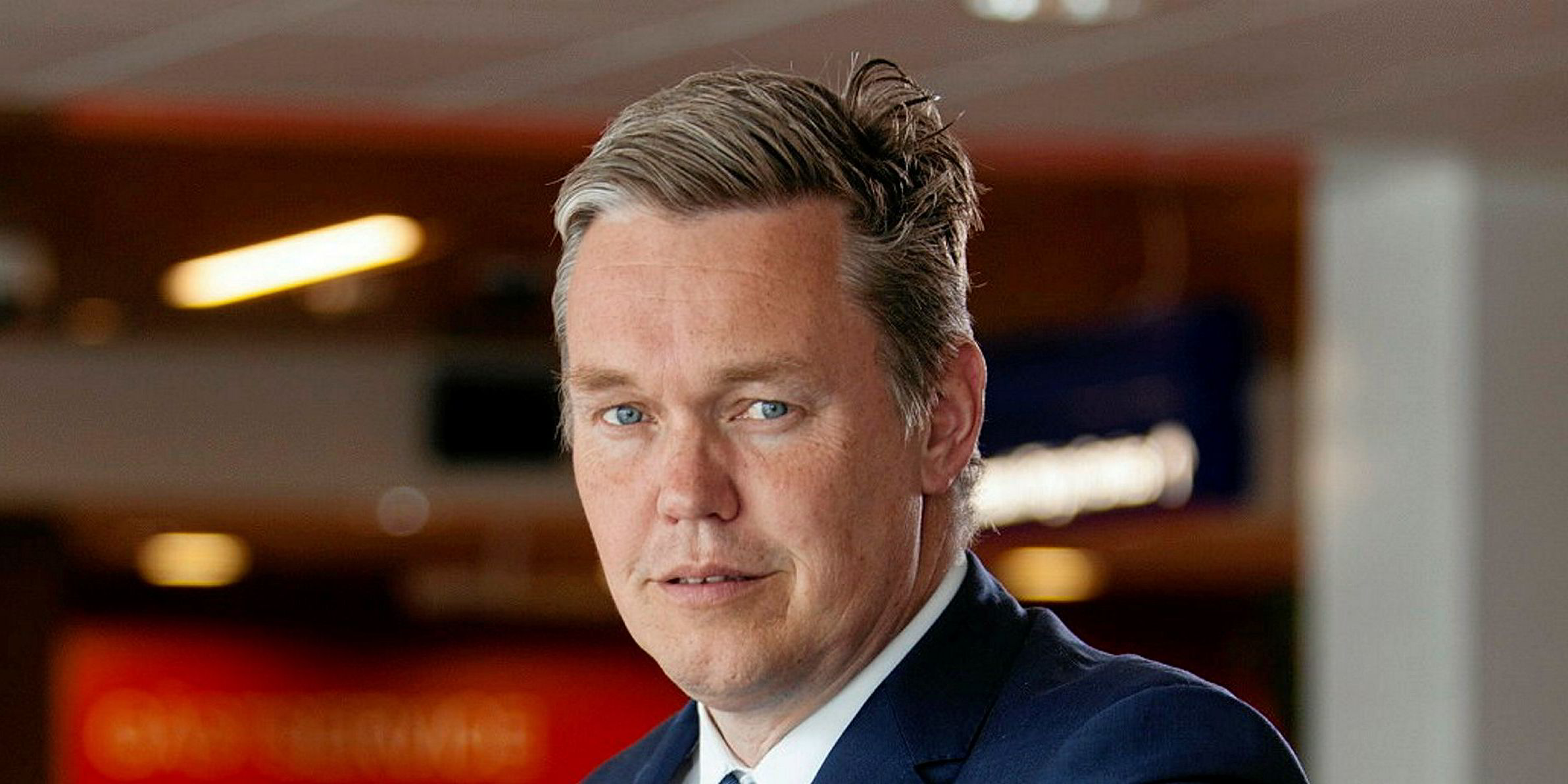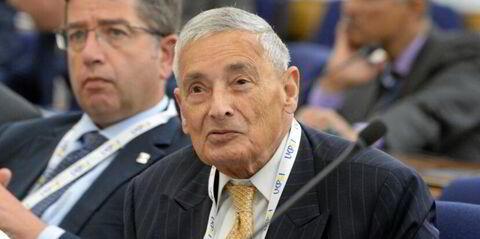Analysts at Clarksons Platou Securities have declared it is “go time” for optimism in the maritime world. But the International Monetary Fund (IMF) meeting in Washington this week has been warned that the global economy faces “synchronised stagnation”.
Who’s right? The shipping markets move to their own supply-and-demand music, of course, but the wider business environment is very important.
Last month’s Navigator report from Clarksons Platou Securities argued that continued demand growth for shipping against a declining newbuilding delivery schedule means the medium-term picture for the industry is positive.
Increasing US oil exports, rebounding Brazilian iron ore output and growing LNG production would help overcome the “uncertainty regarding GDP growth and continued trade war concerns”.
But a report produced by the respected US think-tank the Brookings Institute, in conjunction with the Financial Times, warns of stagnation.
“Persistent trade tensions, political instability, geopolitical risks and concerns about the limited efficacy of monetary stimulus continue to erode business and consumer sentiment, holding back investment and productivity growth,” the report said.
Kristalina Georgieva, who is overseeing her first IMF meetings as managing director, said the organisation will revise its economic forecasts downwards. She argued that 2019 is on track to see “slower growth in nearly 90% of the world”.
Europe’s biggest economy, Germany, is said to be close to recession, while emerging economies such as Brazil, Russia and Mexico are also struggling.
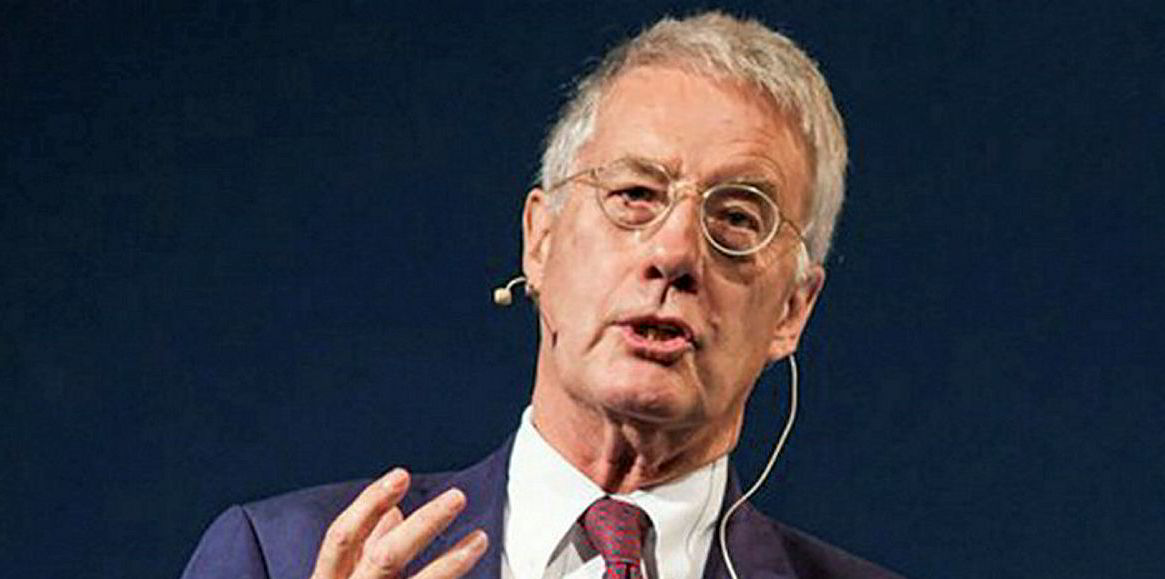
Despite this, no one is yet declaring a full-blown global recession. That is, no one except Hamish McRae, the celebrated British economic journalist and “futurologist” who told shipowners in Naples last week that “common sense” indicated a major global economic contraction should be expected between 2020 and 2021.
He told the Shipping & the Law conference organised by Studio Legale Lauro that the likely trigger would be a sharp rise in inflation, a sovereign wealth implosion, the bursting of the high-tech bubble or simply the current growth phase running out. McRae argued that the recession would not be particularly deep “but probably protracted”.
Meanwhile, China, the engine of global growth, reported a 3.2% year-on-year fall in exports in September, with a 10.7% decline in shipments to the US. Economists now expect China to show its GDP growth has slumped to 6.1% in the third quarter. That would be its slowest growth in almost 30 years.
The US has also been in retreat. Its industrial production and manufacturing data is expected to have been in negative territory last month.
Europe’s biggest economy — Germany — is said to be close to recession, while emerging economies such as Brazil, Russia and Mexico are also now struggling
A big part of the troubles in the world’s two largest economies is the trade war that the US started with China. Hopes have been raised that a peace settlement can be reached ahead of the planned meeting between US President Donald Trump and Chinese counterpart Xi Jinping at the Asia-Pacific Cooperation leaders’ summit in Chile in a month.
The dry bulk shipping markets have already been cheered by Beijing’s agreement to double its annual purchases of US agricultural products.
There has been no breakthrough yet, though, over the addition of two Cosco subsidiaries to a US list for allegedly breaking sanctions on Iranian oil exports.
Those penalties have worked to the benefit of non-Chinese tanker owners, which have seen some VLCC rates soar to more than $300,000 per day.
Shipbroker Braemar ACM believes up to one-fifth of the world’s VLCC fleet is out of use as a result of Trump’s sanctions against Iran and Venezuela.
Nationalism and populism
Trade wars and geopolitical instability are part and parcel of the new nationalism and populism ideologies sweeping the globe.
This has been another turbulent week in the Brexit negotiations between the European Union and the UK, led by another quixotic character, Boris Johnson. There has been talk of a negotiated trade settlement, but the shipping chaos of a “no deal” Brexit on 31 October remains a high possibility.
While all this is going on, there are wider urgent issues that Georgieva says she wants to put on the financial world’s agenda: inequality, climate change and rising technological change.
The maritime world knows this as it rushes towards the January introduction of the low-sulphur fuels directive, IMO 2020. Maybe Clarksons’ message should be not so much “go time” as “no time”.
